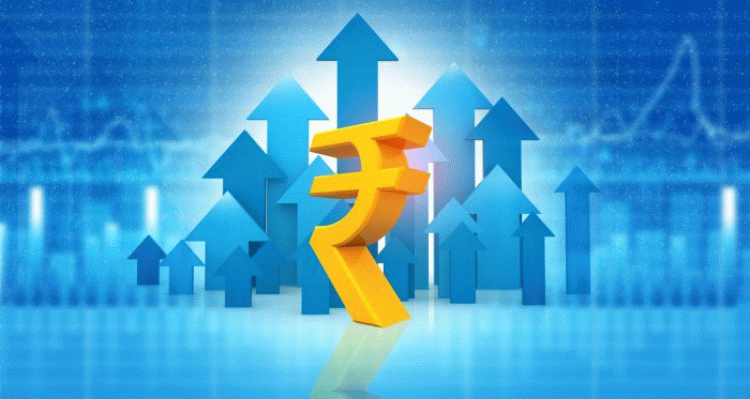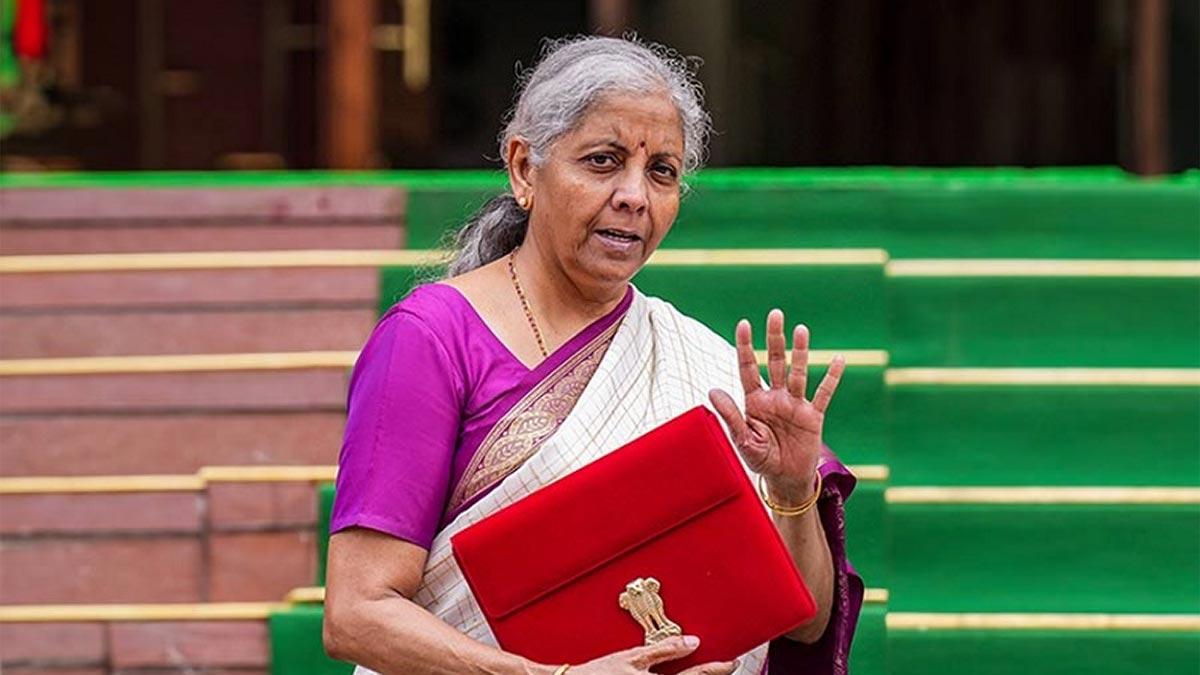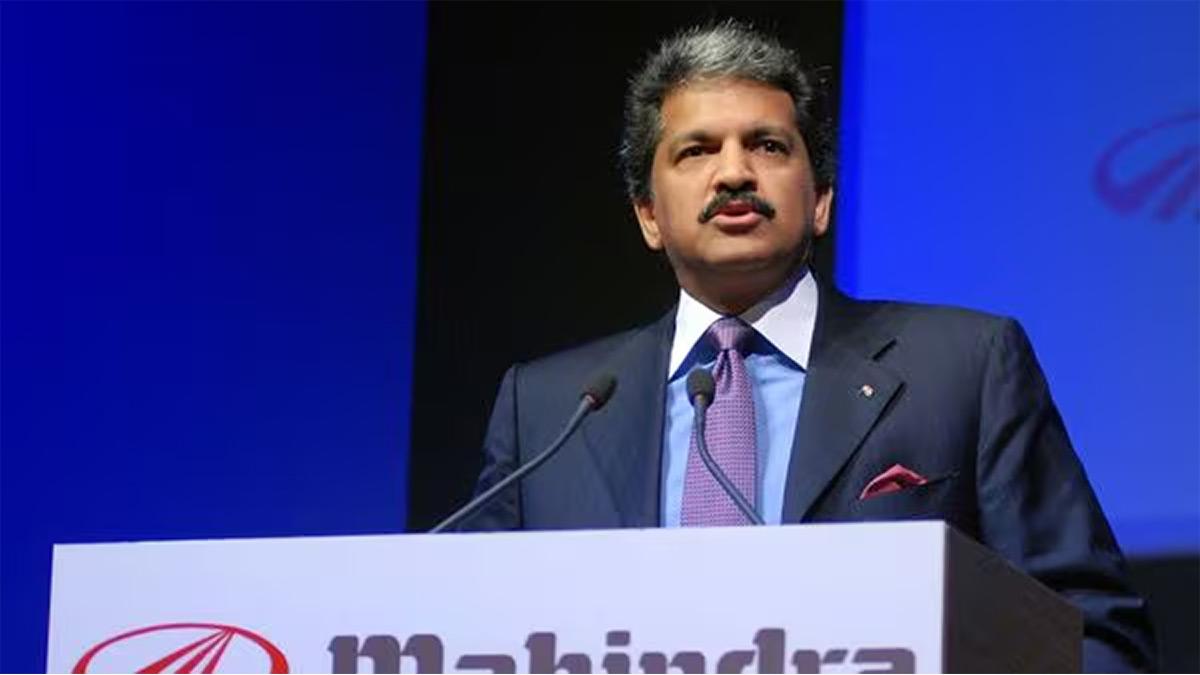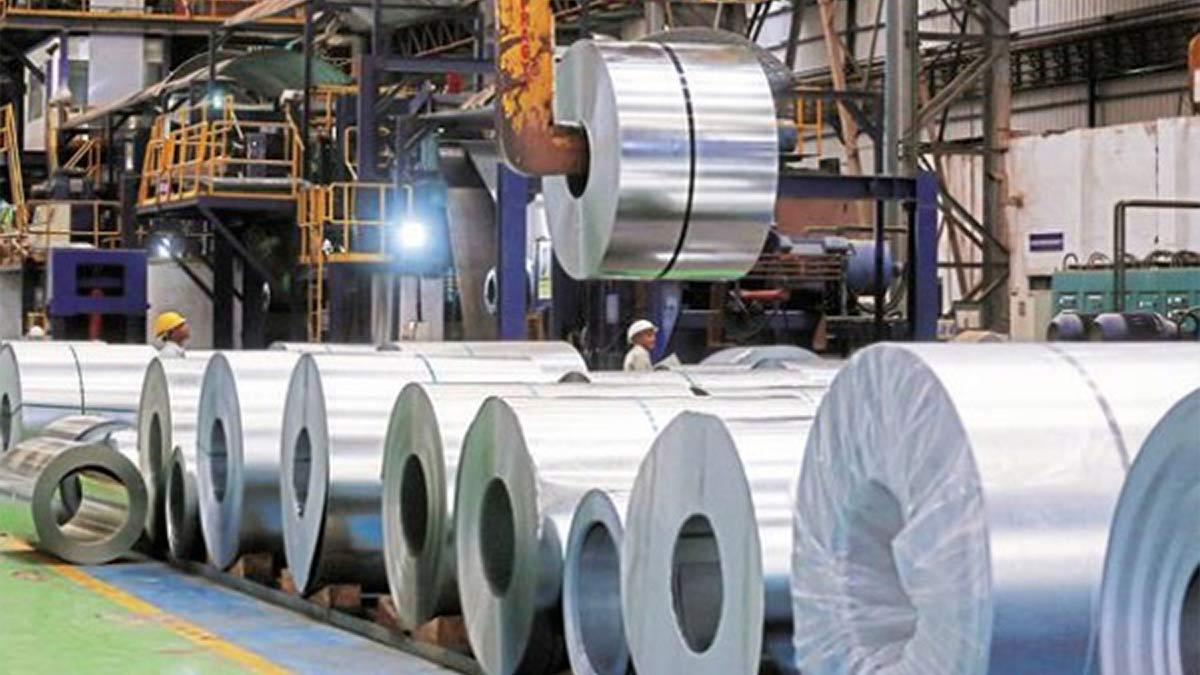Finance Minister Nirmala Sitharaman announced in the Budget 2022-23 that the Reserve Bank of India will issue Central Bank Digital Currency (CBDC) in FY23. The digital Rupee will be a fiat currency (government-issued currency not backed by commodities such as gold or silver) and will be based on the blockchain technology. The Finance Minister said that this move “will give a big boost to digital economy (and this) currency will also lead to a more efficient and cheaper currency management system.” Hence, it is important to know what is this CBDC, why is this being hailed as a move towards fintech revolution and how is this different from private currencies such as cryptocurrencies. Here’s an explainer:
1. The digital Rupee will be a legal tender issued by India’s central bank, the Reserve Bank of India. It is the currency in digital form which is equivalent to and exchangeable with physical currency (Rupee notes/coins which are also issued by the RBI).
2. RBI had been advocating for the CBDC by terming it a secure, reliable substitute to physical currency based on robust blockchain technology which they are currently developing. “India's progress in payment systems will provide a useful backbone to make a state-of-the-art CBDC available to its citizens and financial institutions,” RBI had said in its ‘Trend and Progress of Banking in India 2020-21’ report.
Also read| Eurozone inflation to persist for longer than expected: ECB President
3. The digital Rupee will be issued, numbered and tallied in units, just as it issues the physical currency. “The units issued in digital rupee would be included in the currency in circulation. It would not be very different from fiat currency. It would be more like an electronic form of fiat currency, so in a sense it would be a government-mandated electronic wallet,” the Economic Times (ET) quoted a source saying. The central bank has implied that the currency will be issued by the end of FY22-23, the source added.
4. It is different from private digital currencies (cryptocurrencies such as Bitcoin, Ethereum, etc.) as the latter are free-floating currencies not backed by the state (read RBI). The government has already clarified that cryptocurrencies will never be legalized as a legal tender. It is also different from the various private digital wallets-type fintech structures such as PayTM or MobiKwik. Such systems provided by the private companies withhold money on behalf of the payer (person with money) and then transact the money to the payee (merchant to whom money is paid when the transaction is made). “In the case of a digital rupee instead of holding a note you will be holding a digital currency in your phone and it would be with the central bank and from there it would be transferred to any merchant… Instead of carrying this wallet, I will carry money on the phone,” the source further said. The private companies providing e-wallet facilities also levy charges.
5. The digital currency will provide a secure as well as swift alternative to undertake monetary transactions. The requirement for an interbank settlement is removed once digital rupee is operationalized via blockchain technology. This would also ensure a cheaper payment system option that too on a real time basis, RBI deputy Governor T Rabi Sankar said in a speech last year.


















